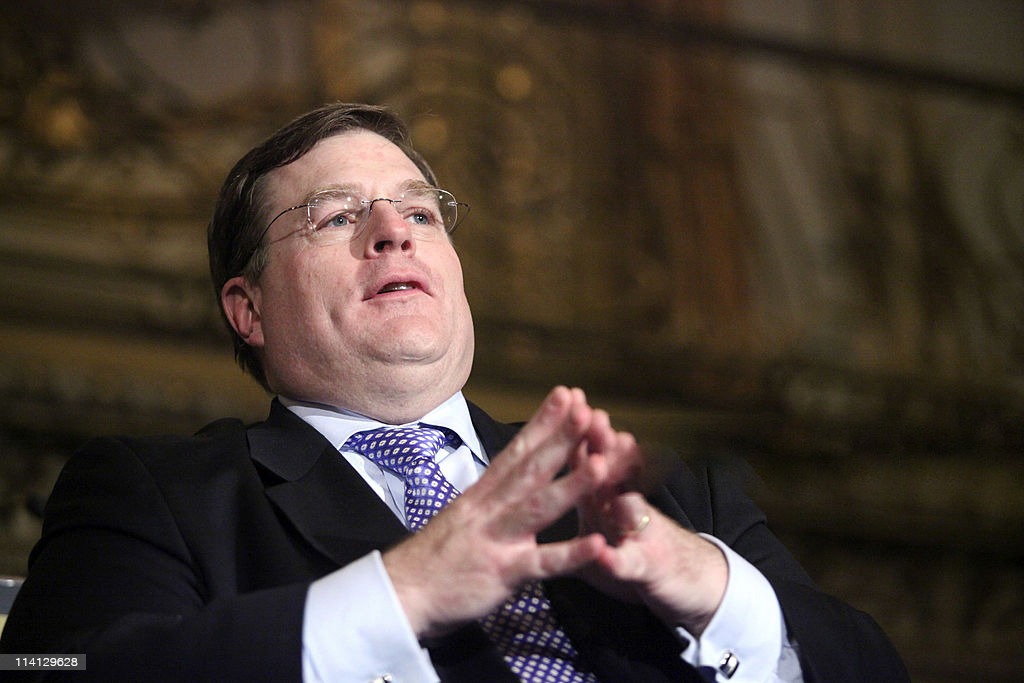London-based Aon faces up to $400 million in costs, on top of the $1 billion termination fee it must pay Willis, after the brokers abandoned the all-share deal last month.
First agreed in March 2020 just as the coronavirus pandemic gathered pace, the deal foundered after the US Department of Justice (DoJ) in June sued to block a tie-up that would have created the world’s largest insurance broker.
In a stinging critique of the deal, US regulators said that it threatened to “eliminate substantial head-to-head competition and [would] likely lead to higher prices and less innovation”.
Mr Case, who has led Aon for more than a decade, roundly rejected the DoJ’s assessment, pointing to the green light that European regulators had given the takeover.
“We know our industry, it’s incredibly competitive in every way, our clients have tremendous options and we were about trying to give them even more options,” Mr Case said. “We were well advised from the beginning.”
The objections from US authorities had left Aon and Willis facing a potentially lengthy legal battle or having to make disposals that would have reduced the benefits of the deal.
Its collapse sparked some relief among insurers fearful of reduced power and higher commissions. The DoJ complaint quoted a senior Aon broker saying that the company is part of “an oligopoly which not everyone understands.” Asked whether Aon operated in an oligopoly, Mr Case said it was in a competitive market characterised by low barriers to entry, multiple new entrants and high levels of private equity investment.
Webinar: Removing the regulation roadblock. Sign up here
Market share
The DoJ had offered a starkly different picture, claiming that the big three brokers – Aon, Willis and Marsh McLennan – dominate broking for the largest companies due to their global span and expertise. According to US regulators, Aon and Willis would together have had a more than 40 per cent share in five important markets including core insurance segments and areas such as health benefits.
The White House welcomed the DoJ’s intervention as “in line with” a tougher approach to competition issues that US president Joe Biden has set out. Mr Case would not be drawn on whether the change in administration had helped scupper the merger, saying he would “leave the political commentary to others”.
The Aon chief insisted that the company, which has about 50,000 employees in more than 100 countries, had emerged stronger from the bruising episode. The group’s share price jumped when the deal fell through and has pushed on to record highs, after its second-quarter results revealed the strongest organic revenue growth in more than a decade.
Nor has Mr Case been put off dealmaking. “We’ve always had a strong pipeline and we’ll continue to have a strong pipeline -– but we’ll also trade off against organic investments as well,” he said.
He cited the 2018 acquisition of 601West, which has been central to the creation of a new product that allows clients to borrow against their intellectual property, with the collateral insured in the market.
“[Dealmaking] is also not about size, people get caught up in size,” he said. – Copyright The Financial Times Limited 2021
Source: Irish Times









